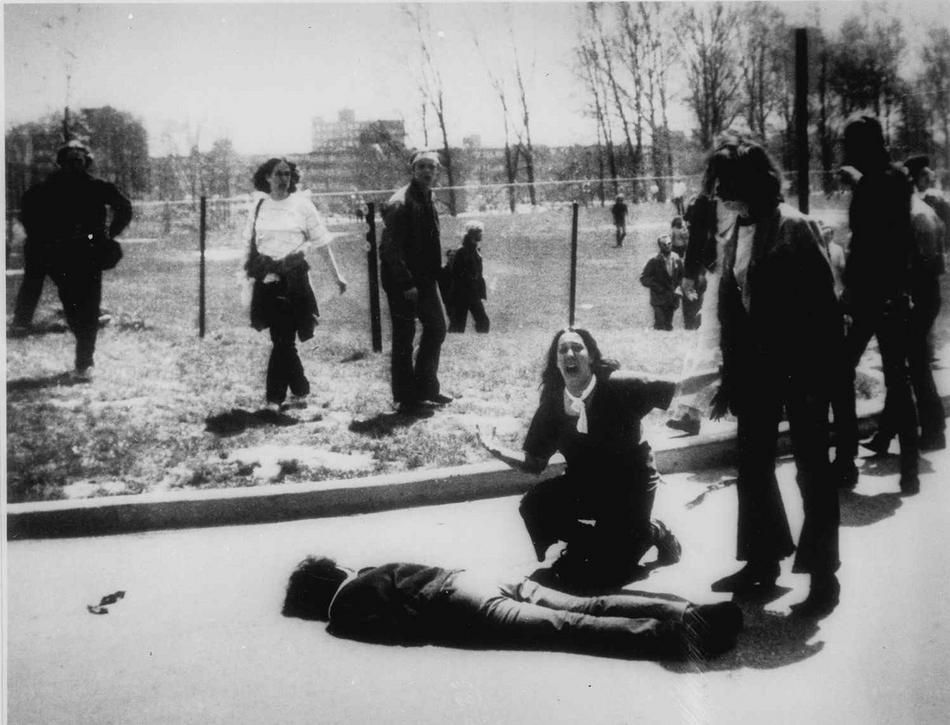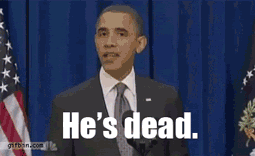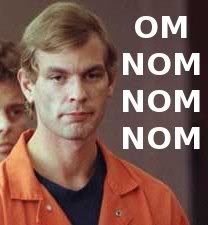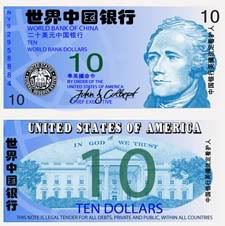 The 1970s: A New Global History from Civil Rights to Economic Inequality by Thomas Borstelmann is an insightful examination of one of the most confusing decades in America's history. The decade was mired in government corruption (Watergate, etc) while at the same time people were struggling with an unprecedented change in social values (skyrocketing divorce rates, gay rights, women's lib, minority rights, a rise in religious cults and counter-culture communes). There was also a series of failed U.S. foreign policies (military loss in Vietnam, the loss of the Panama Canal, debacled rescue attempts of the Mayaguez in May of 1975 and of the Iran hostages in 1979) plus the creation of new foreign governments that were hostile to the U.S. (Cambodia, Angolia, Iran and Nicaragua). On top of all of that Americans were facing the worst economic crisis since the Great Depression (inflation, unemployment, stagnation, oil crisises, energy blackouts, etc).
The 1970s: A New Global History from Civil Rights to Economic Inequality by Thomas Borstelmann is an insightful examination of one of the most confusing decades in America's history. The decade was mired in government corruption (Watergate, etc) while at the same time people were struggling with an unprecedented change in social values (skyrocketing divorce rates, gay rights, women's lib, minority rights, a rise in religious cults and counter-culture communes). There was also a series of failed U.S. foreign policies (military loss in Vietnam, the loss of the Panama Canal, debacled rescue attempts of the Mayaguez in May of 1975 and of the Iran hostages in 1979) plus the creation of new foreign governments that were hostile to the U.S. (Cambodia, Angolia, Iran and Nicaragua). On top of all of that Americans were facing the worst economic crisis since the Great Depression (inflation, unemployment, stagnation, oil crisises, energy blackouts, etc). As a collective identity America was having an identity crisis during the 1970s. Prior to the civil rights advancements of the '60s the social order in the U.S. was fairly cut and dry. The economy had been prosperous and expansive since WWII. Our military superiority was clear and our moral compass was intact. We knew who our enemies were--those Godless commie rats in Russia and China. But all that had become topsy turvy by the 1970s and that is when something interesting started to happen. It started with Americans becoming increasingly apathetic in regards to politics (and the government) as well as the ethics of big business. Instead, Americans trended toward concentrating on themselves as individuals (the effect was the creation of what Thomas Wolfe famously decreed the Me Generation). Borstelmann does an excellent job of illustrating this apathy and its causes through documentation and examples. More importantly he lays out how all of this apathy provided a vast opportunity for mechanisms to be put in place that would lead to economic inequality. Eventually the Reagan Administration promoted and instituted many of these mechanisms during the 1980s which in turn has led to the corporate globalization that has been putting stress on the American people ever since.
 But this book isn't a partisan criticism of Reaganomics or right-wing politics. In fact it examines something that Liberals/Progressives do NOT want people to think about: that the Liberal/Progressive ideology is PRO-globalization. At the core of Liberal/Progressive thought is the idea of equality among everyone. This idea has led to Free Trade agreements. It has led to nation building experimentation and financial support for third world nations. It has led to other countries starting to catch up to the standard of living that has been widespread in the U.S. for most the the 20th century. For most of the 20th century we have seen that the overwhelming majority of the world's citizens held a gripe against the USA--a gripe that is pretty similar to the gripe that the Americans who are protesting at Occupy Wall Street have against Big Corporations. The irony is that it is the Liberals/Progressives OWN policies of globalization that has allowed the rest of the world to start "catching up" with us economically. So of course Liberals/Progressives don't want people to know that, because no American is going to vote for a policy that "shares the American wealth" with the rest of the world.
But this book isn't a partisan criticism of Reaganomics or right-wing politics. In fact it examines something that Liberals/Progressives do NOT want people to think about: that the Liberal/Progressive ideology is PRO-globalization. At the core of Liberal/Progressive thought is the idea of equality among everyone. This idea has led to Free Trade agreements. It has led to nation building experimentation and financial support for third world nations. It has led to other countries starting to catch up to the standard of living that has been widespread in the U.S. for most the the 20th century. For most of the 20th century we have seen that the overwhelming majority of the world's citizens held a gripe against the USA--a gripe that is pretty similar to the gripe that the Americans who are protesting at Occupy Wall Street have against Big Corporations. The irony is that it is the Liberals/Progressives OWN policies of globalization that has allowed the rest of the world to start "catching up" with us economically. So of course Liberals/Progressives don't want people to know that, because no American is going to vote for a policy that "shares the American wealth" with the rest of the world.As the subtitle of his book suggest; A New Global History from Civil Rights to Economic Inequality, Borstelmann keeps this conflict at the center of his focus. Afterall this idea that racial, gender, sexual orientation, religious equality has actually led to economic inequality is prety fascinating. And as Borstelmann tackles this conflict and shows how it happened, it starts to seem that it was inevitable and, in fact, pretty much a natural part of evolution. And understanding this natural force is important in finding ways to move forward. Inequality is not something people generally stand for. Again, look at the Occupy Wall Street folks who are protesting the economic inequality that is largely defining our own decade. But a huge obstacle in getting rid of economic inequality exists, and it is illustrated in the false assumptions made by capitalists such as Milton Friedman who Borstelmann quotes at the beginning of the book:
This of course simply isn't true. Today the market gives people what the Big Corporations think they ought to want. Big Corporation have used ethically questionable predatorial business practices that have skewed the playing field so far in their favor that consumers no longer are given a fair choice. I mean, why do people really eat crappy tasting pink slimed McDonaldland/DisneyWorld chain store fast-food that will give them a lifetime of health problems? It's because the corporate consumer culture has made that crappy food 9 times more accessible than healthy food (not to mention that they have brainwashed Americas children into sugar-crazed Happy Meal daze that parents have little defence against). But this is NOT giving the people what they want. That is giving the people what the Big Corporations want them to want.
So where does this leave us?
How is this corporate consumer culture ever going to be change? A good start is for "the people" to get a good understanding of how this climate really got traction, back in the 1970s. And Thomas Borstelmann's brilliant book is a good place to start that education. For this and numerous other reasons I give The 1970s: A New Gloabla History a solid 5 out of 5 WagemannHeads.
View all my reviews
©2012 Rockism 101. All Rights Reserved

















